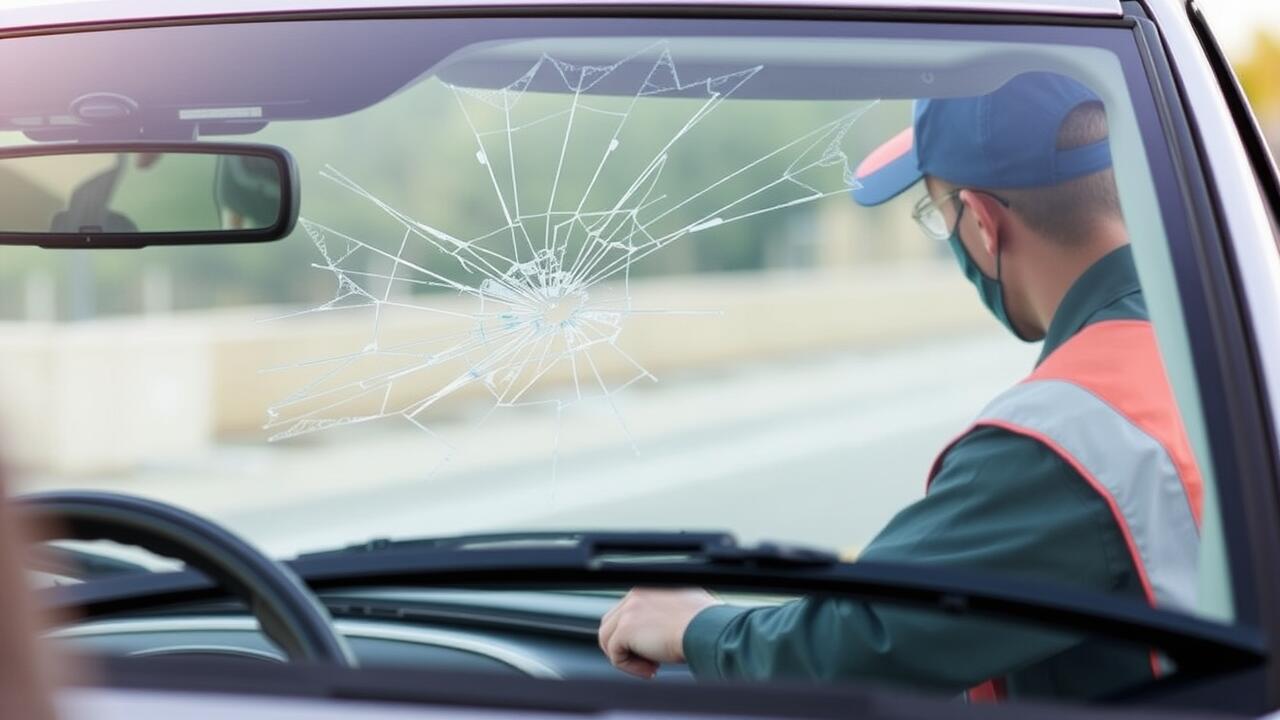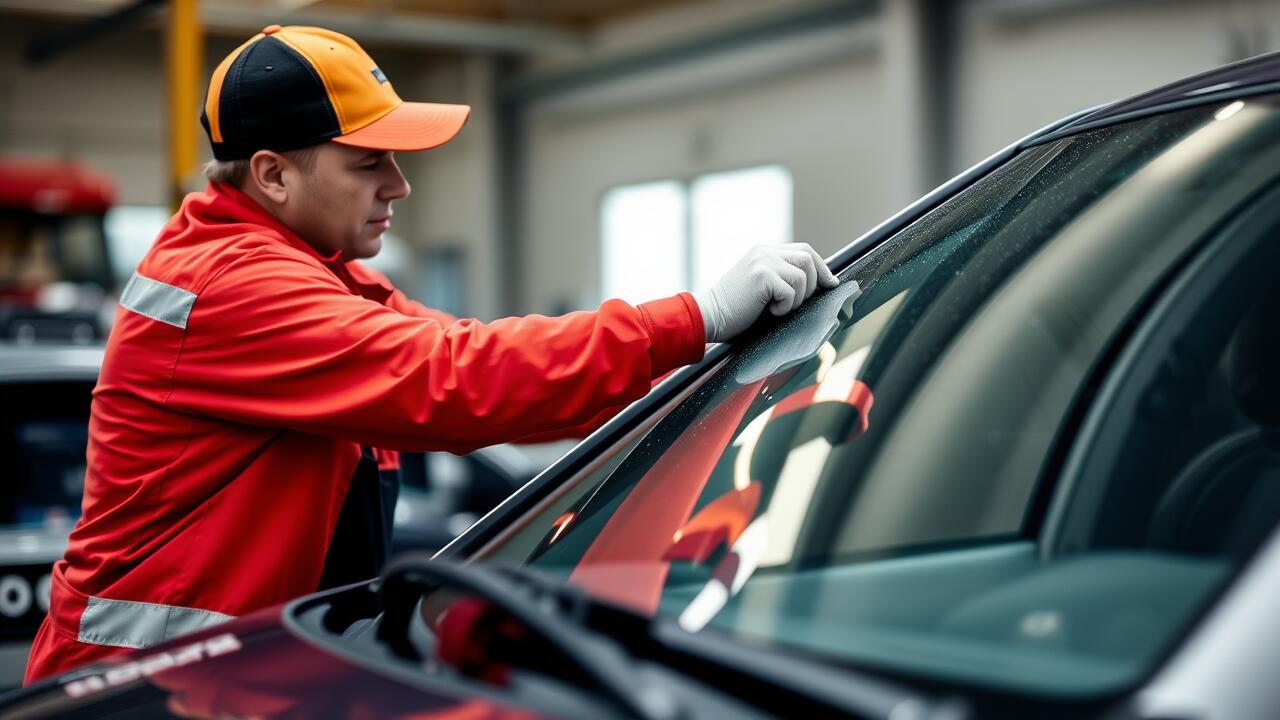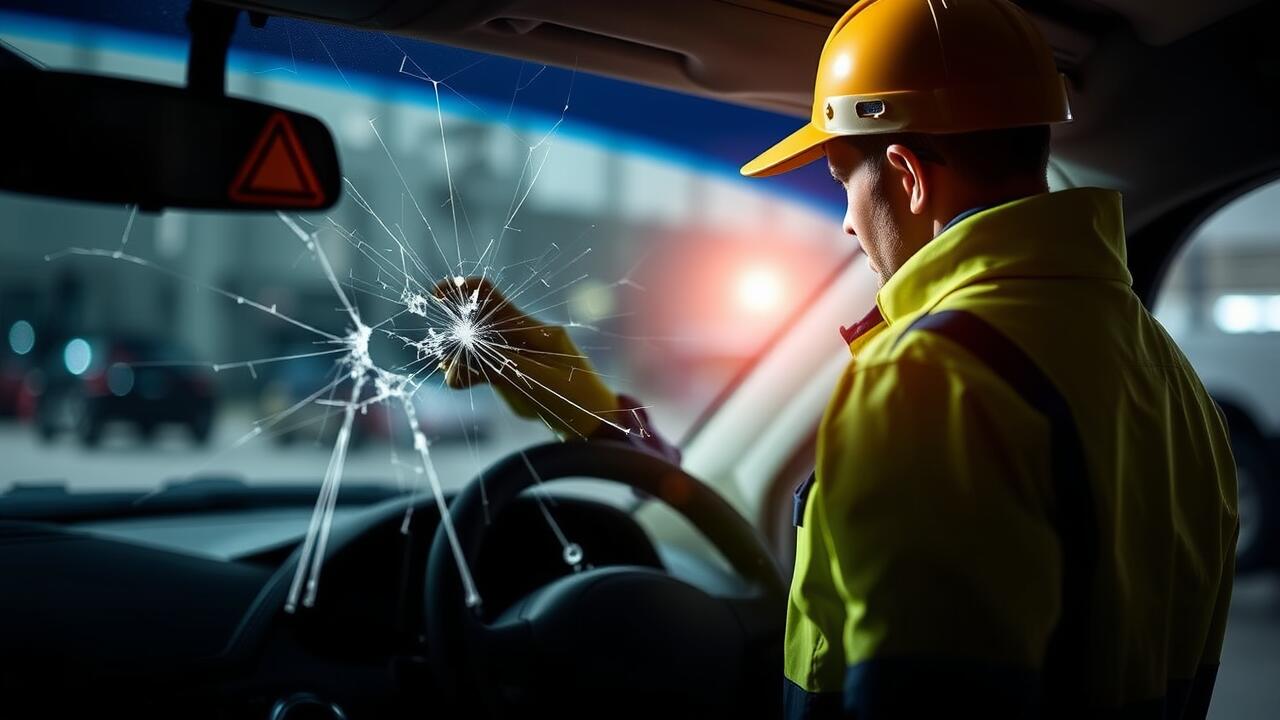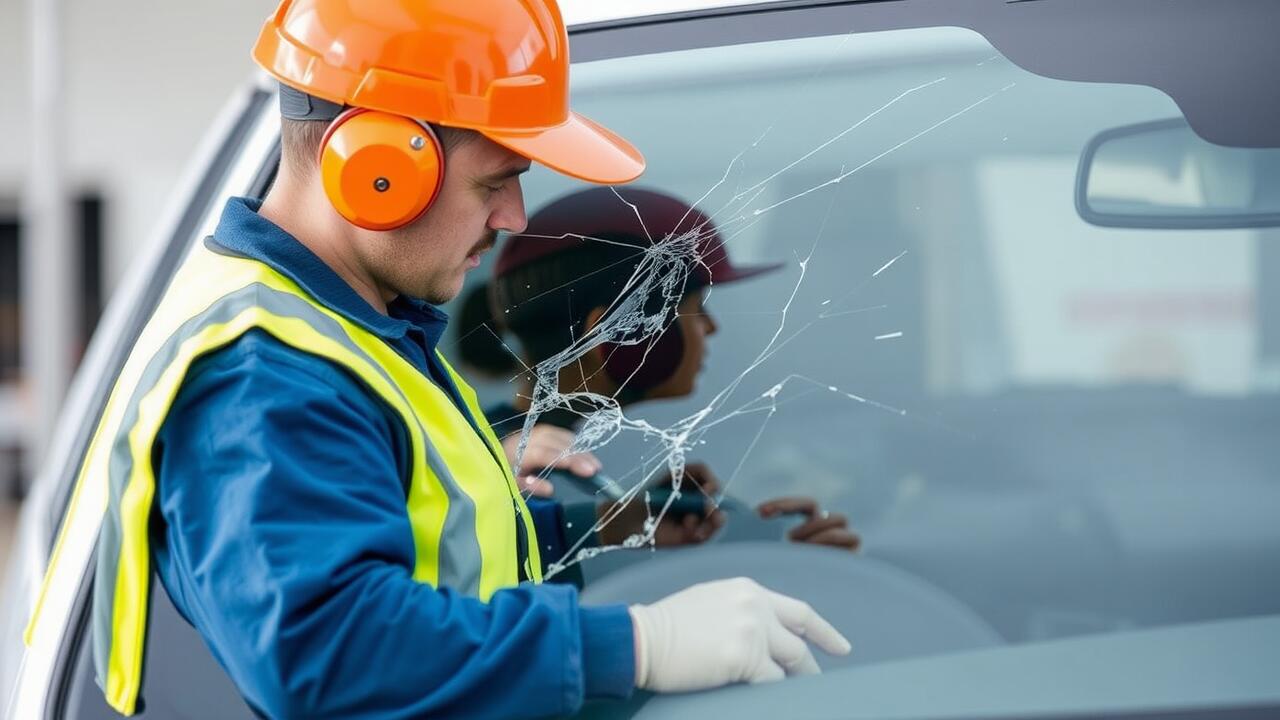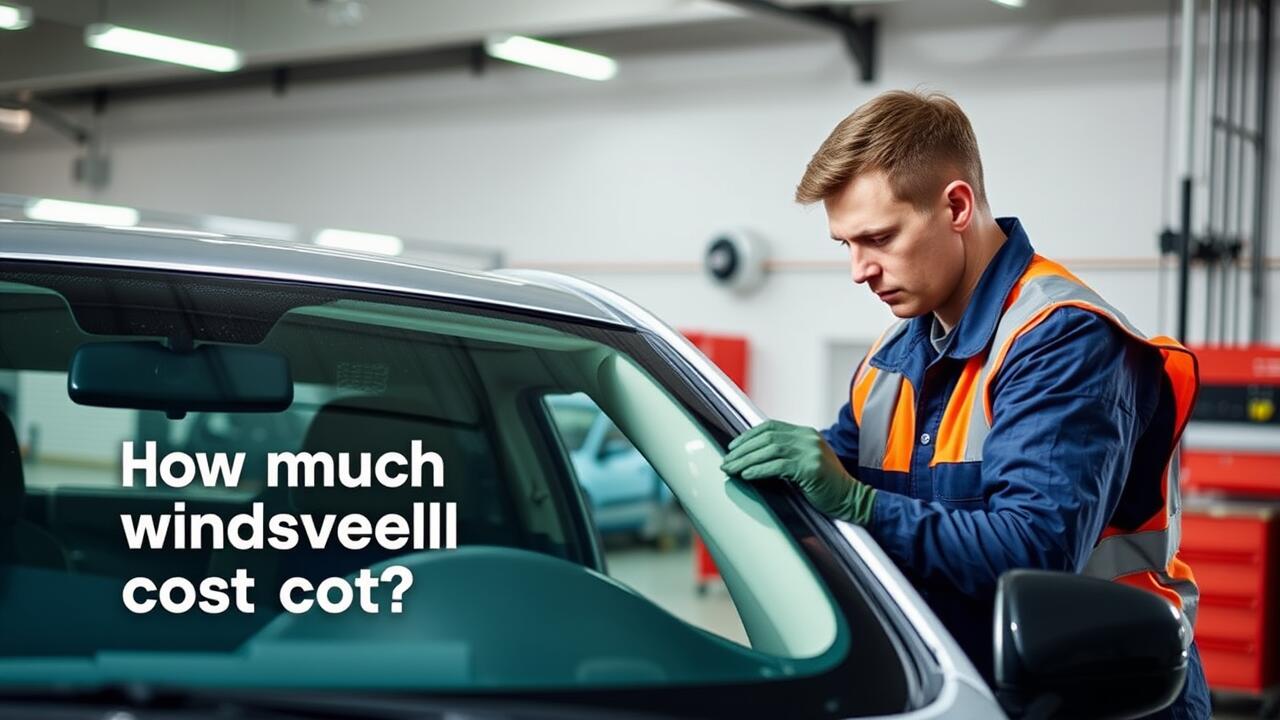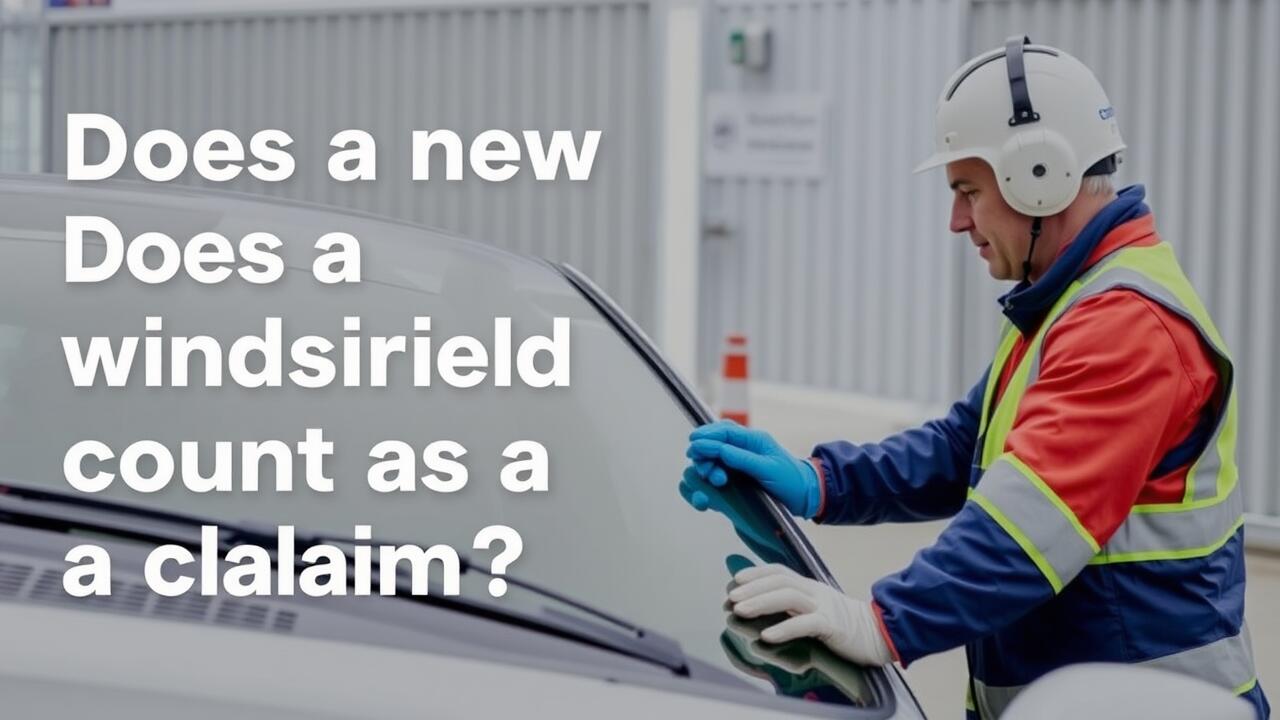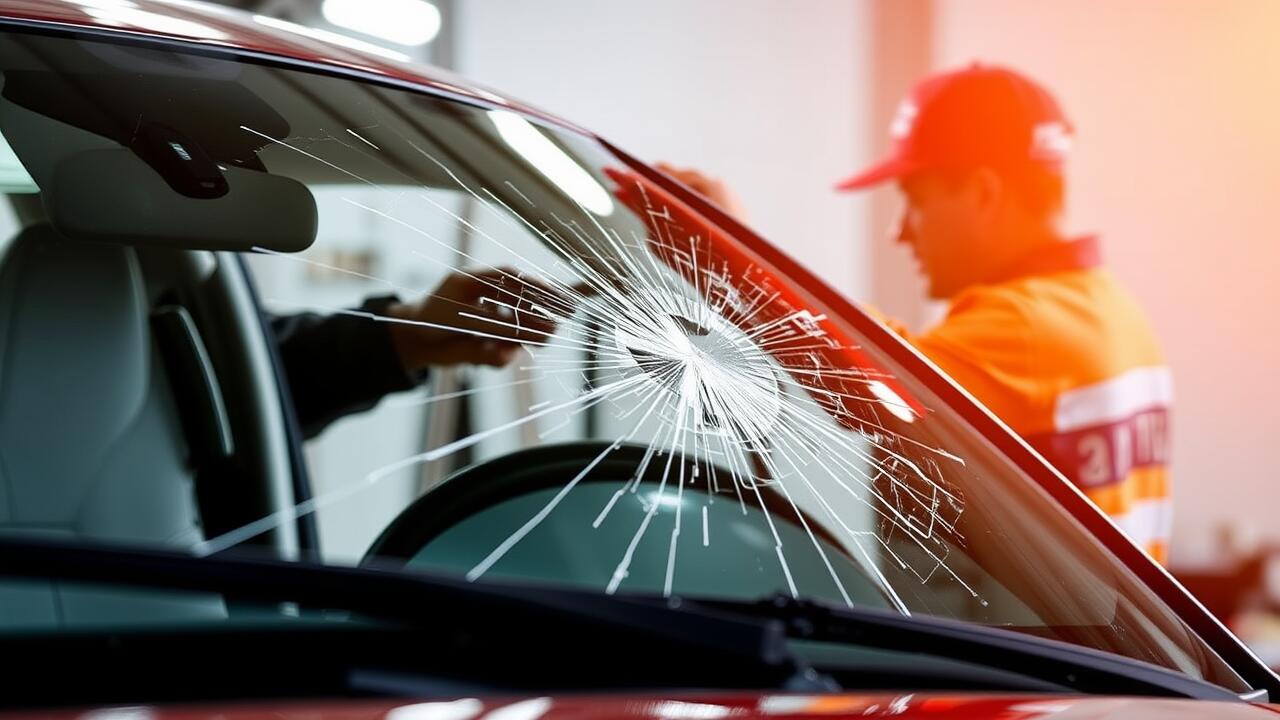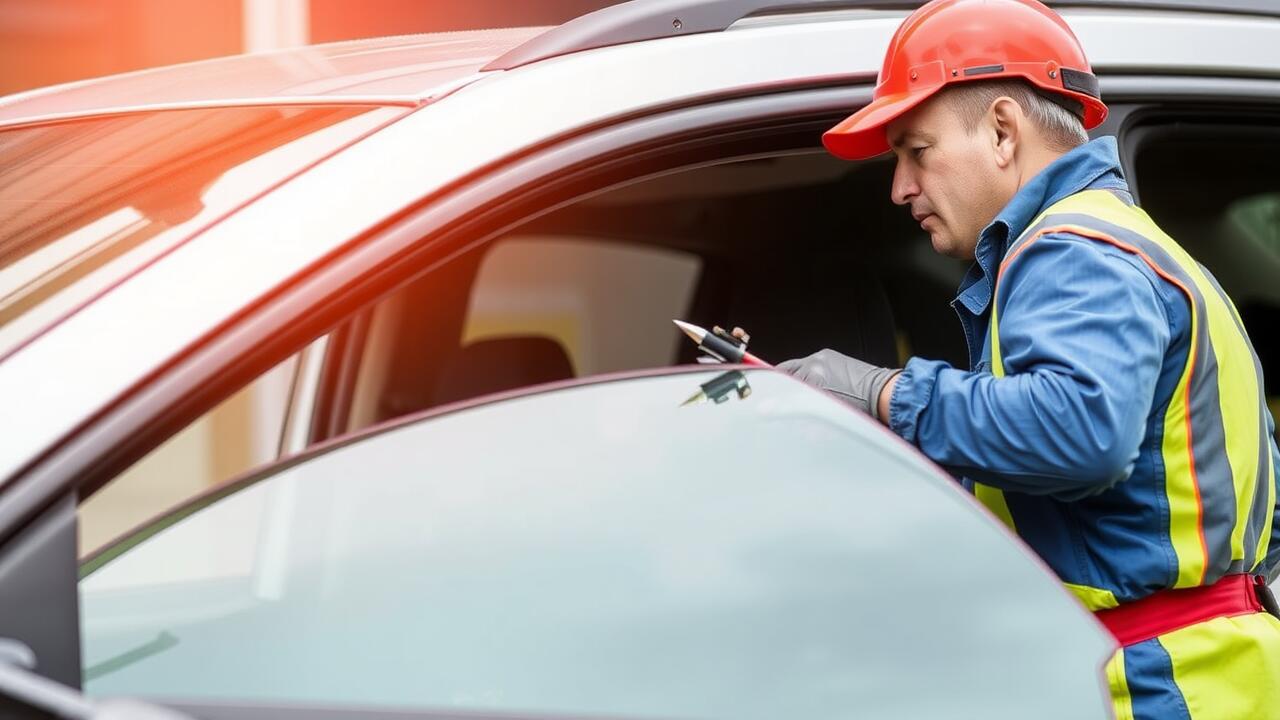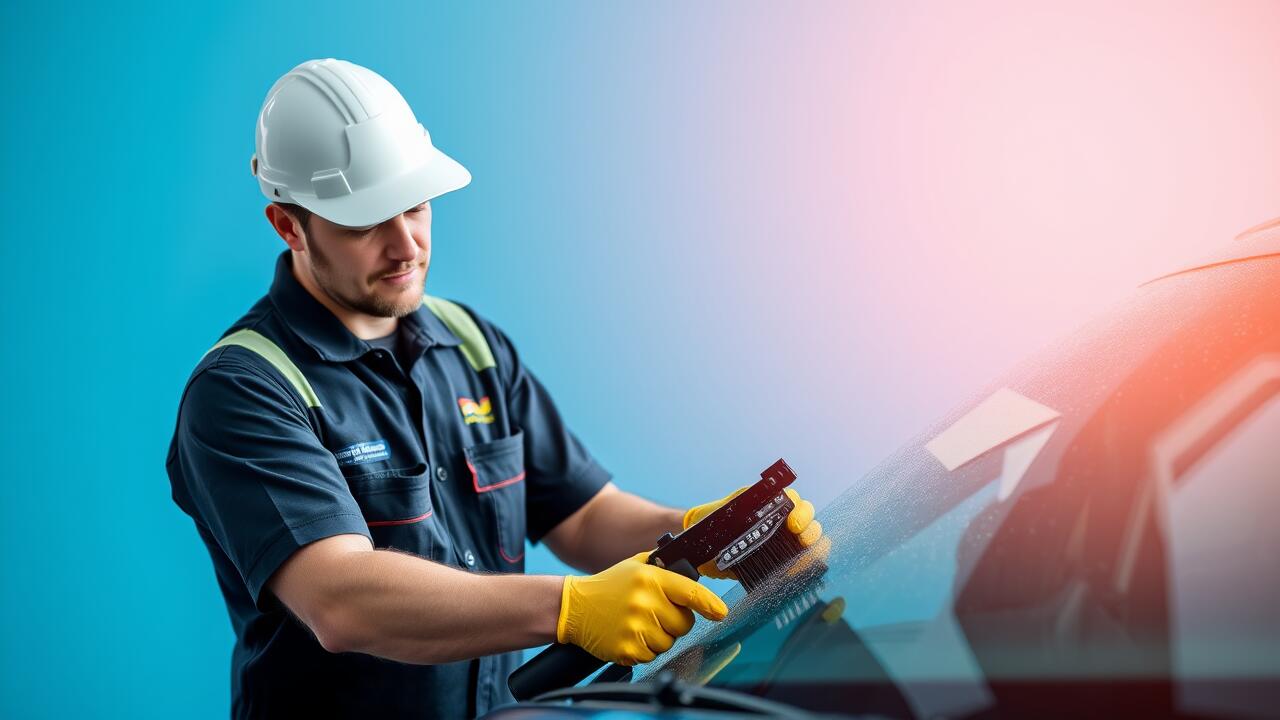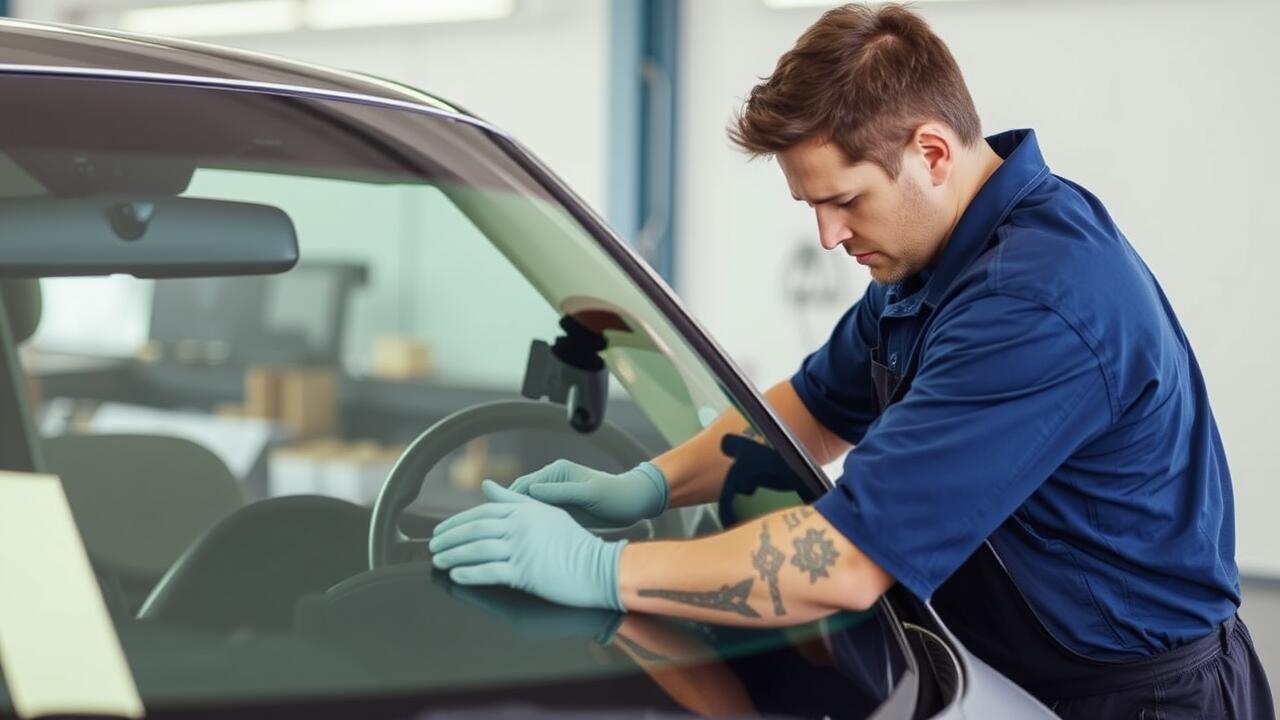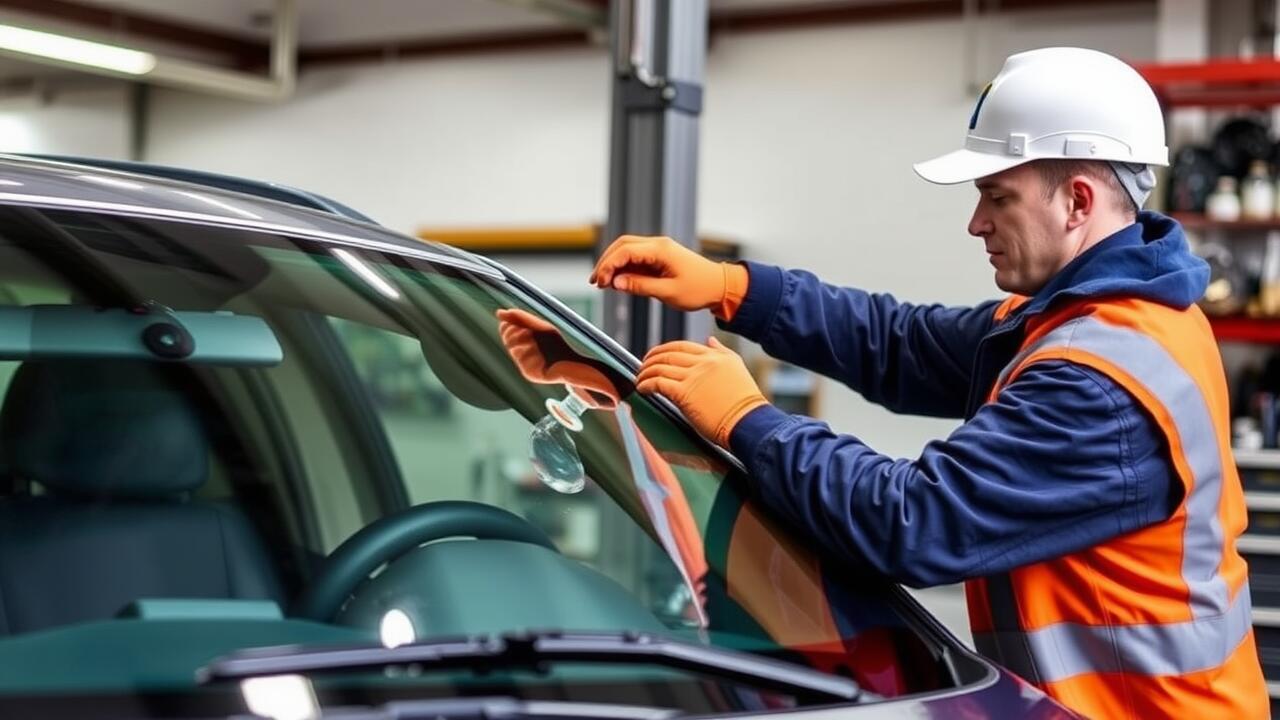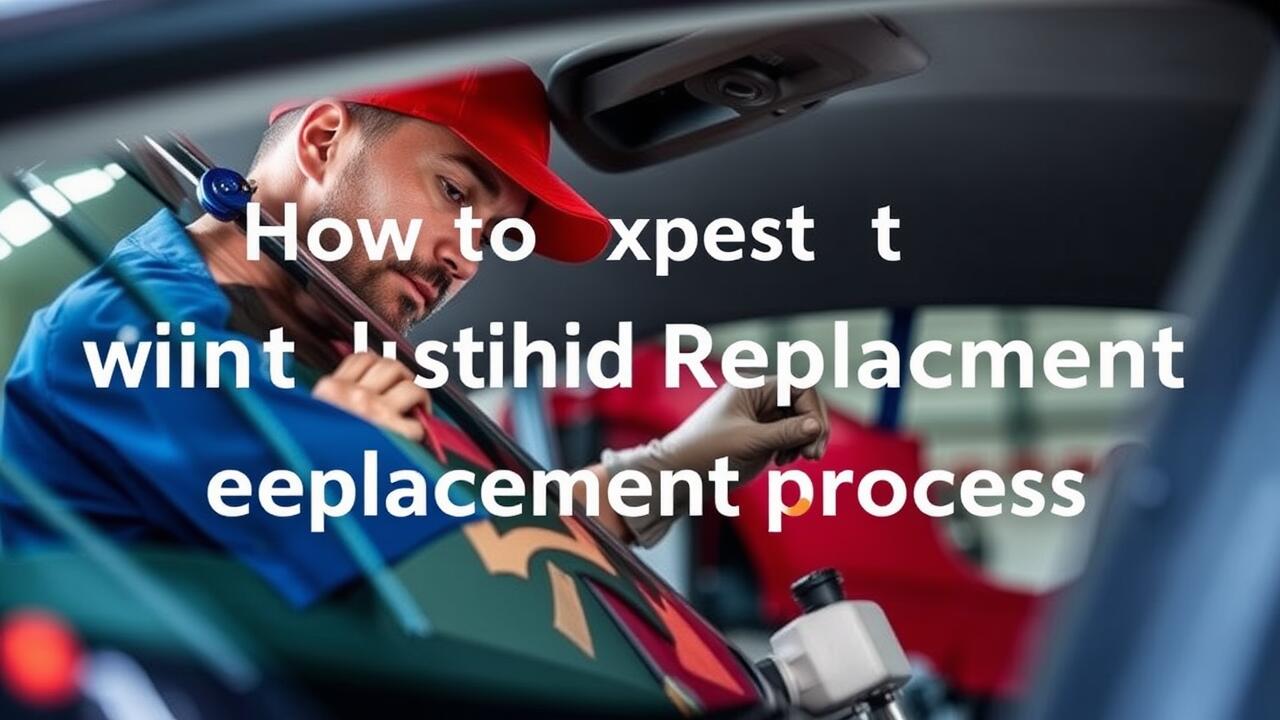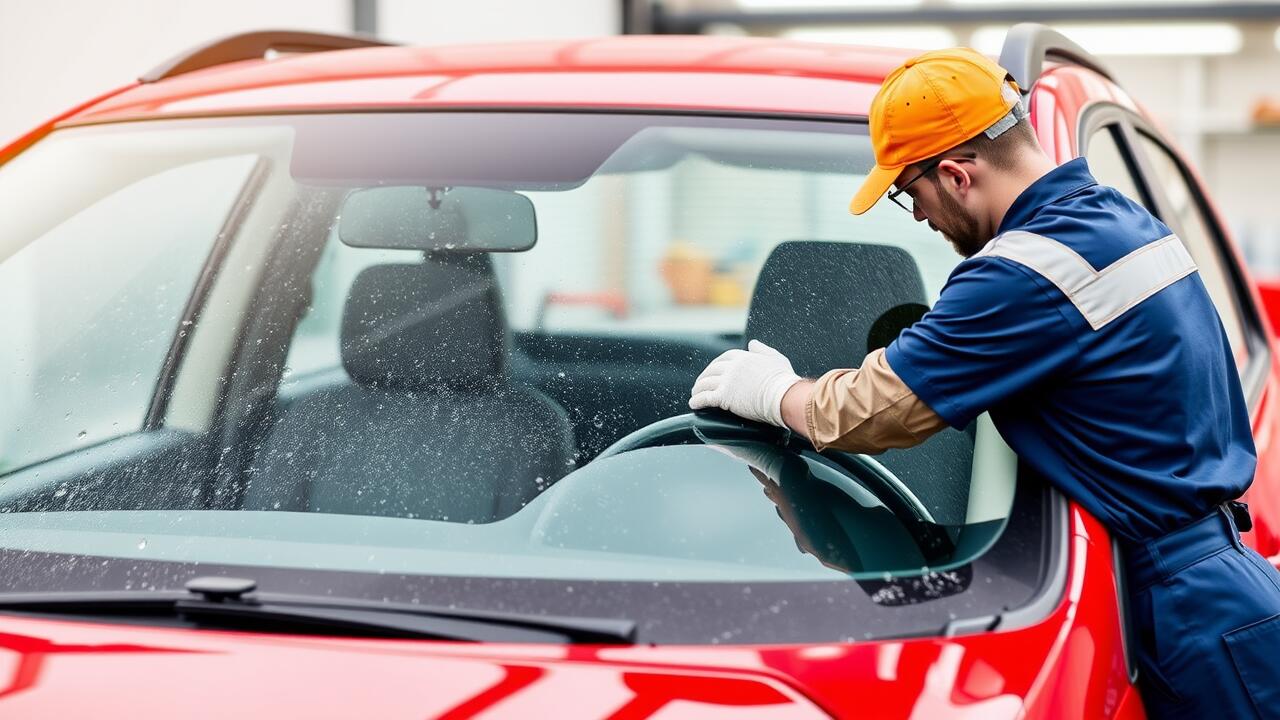
Table Of Contents
DIY Windscreen Replacement
Replacing a windscreen on your own can save money, but it requires a certain level of skill and the right tools. Windshield replacement involves carefully removing the damaged glass and making sure the new glass is fitted properly to avoid leaks or safety issues. Many DIY kits are available, and they come with step-by-step instructions to guide you through the process. It's essential to follow these instructions closely and take your time to ensure a proper installation.
However, self-installation has its drawbacks. If mistakes are made, they can lead to increased costs down the line due to potential rework or the risk of improper sealing that may require professional help. Additionally, handling heavy glass can pose safety risks if adequate precautions aren’t taken. Weighing the potential savings against the hassle and risk is essential before deciding on DIY windshield replacement.
Pros and Cons of Self-Installation
Self-installation of a windshield can be appealing for those looking to save money. With the right tools and materials, individuals may successfully replace their own windshield without the added labor costs typically charged by professional services. Additionally, the process can provide a sense of accomplishment and control over the repair, making it an attractive option for DIY enthusiasts.
However, there are notable risks associated with self-installation. Incorrect alignment during the windshield replacement process can lead to leaks or structural issues that may compromise safety. Without the necessary experience, one might struggle with the precision required, resulting in additional costs for repairs or a complete redo by professionals. Ensuring proper adhesion and sealing is critical, as any oversight can affect the vehicle’s performance in adverse weather conditions.
Professional Services
When opting for professional services, it's essential to understand what to expect during the windshield replacement process. Typically, a trained technician will evaluate the damage to your windshield before recommending either a repair or full replacement. The entire procedure usually takes between one to two hours, depending on the vehicle's make and model. Professionals utilize specialized tools and adhesive materials that ensure proper bonding, enhancing safety and durability.
In addition to the actual replacement, most service providers offer a warranty that covers defects in materials or workmanship. This adds peace of mind, knowing that any issues occurring shortly after the replacement may be addressed without additional costs. Customers can also expect a clean workspace post-service, with the technician removing any debris or glass fragments. Overall, professional windshield replacement is focused on delivering quality service and assurance.
Typical Services Included in Replacement
When you opt for professional windshield replacement services, you can expect a thorough process that ensures safety and quality. Typically, the service begins with a detailed inspection of the vehicle. Technicians evaluate the extent of the damage and check for any additional issues that may affect the installation. The old windshield is then carefully removed, and any debris or sealant residue is cleaned from the frame. This step is crucial, as it prepares the area for a secure fit of the new glass.
Installation of the new windshield follows, where trained professionals use specialized adhesive to secure the glass in place. This adhesive needs time to cure properly before the vehicle is deemed safe for driving. Often, companies will also perform post-installation checks to ensure everything is aligned correctly and functioning as it should. The entire process is designed to give drivers peace of mind, knowing that their windshield replacement has been handled by experts.
Additional Costs to Consider
When planning for a windshield replacement, it is important to factor in additional costs that may not be immediately obvious. Taxes can vary by state, and these charges should be included in your budget. Beyond the sales tax, consider labor fees, which can fluctuate based on location and the complexity of the installation. Some service providers may also charge for mobile services if they come to your home or workplace.
Miscellaneous charges can emerge during the process, such as disposal fees for the old windshield or costs associated with recalibrating advanced driver assistance systems. If the windshield has sensors or cameras, ensuring that these components function properly after installation may require specialized attention. Being aware of these potential expenses can help you avoid surprises and make a well-informed decision about your windshield replacement.
Taxes, Labor Fees, and Miscellaneous Charges
When budgeting for windshield replacement, it is essential to account for additional costs that can arise beyond the base price of the service. Taxes are often added to the final bill, and the specific rate can vary depending on location. Some states enforce a sales tax, while others do not. Knowing your area's tax rate can help you estimate the total cost more accurately.
Labor fees are another consideration in the overall expense. Professional installation typically includes a labor charge that reflects the time taken and expertise involved in the process. Additionally, miscellaneous charges can surface, including fees for materials or specific warranties. Taking all these factors into account will provide a clearer picture of the total financial commitment involved in windshield replacement.
FAQS
What is the average cost to replace a windscreen?
On average, replacing a windscreen can cost between $200 to $1,000, depending on the make and model of the vehicle, the type of glass used, and whether you choose a DIY approach or professional services.
Can I replace my windscreen myself?
Yes, it is possible to replace your windscreen yourself if you have the right tools and experience. However, it is essential to consider the risks and challenges involved, as improper installation can lead to leaks or safety issues.
What are the pros of hiring a professional for windscreen replacement?
Hiring a professional ensures that the installation is done correctly, often comes with a warranty, and saves you time and potential hassle from DIY errors.
Are there any additional costs I should be aware of when replacing my windscreen?
Yes, additional costs may include taxes, labor fees, and miscellaneous charges such as disposal fees for the old windscreen or any necessary repairs to the surrounding area.
Will my insurance cover the cost of windscreen replacement?
Many insurance policies cover windscreen replacement, especially if you have comprehensive coverage. It's best to check with your insurance provider to understand your coverage options and any deductibles that may apply.


